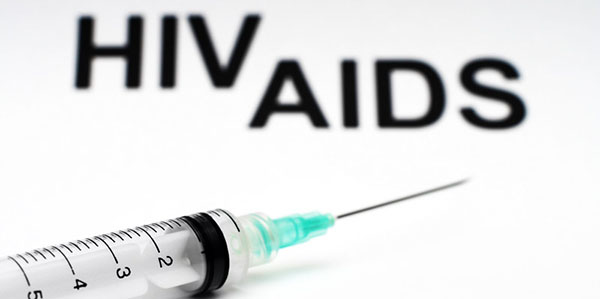By Allan Bucka Jones
Pride Health Columnist
FACT: Despite the progress made in treating HIV/AIDS, it is spreading quickly in Toronto’s Black communities and is still a cause for concern. Today, Black and Caribbean people account for more than 20% of all new HIV infections in Toronto. Back in the early nineties, Black and Caribbean people made up only 10% of new HIV infections.
A little over 23 years ago, on November 7, 1991, basketball player, Los Angeles Lakers guard, Earvin “Magic” Johnson, held a press conference to reveal that he was HIV (human immunodeficiency virus) positive. It was an announcement that raised the awareness of HIV/AIDS (acquired immunodeficiency virus), particularly the fact that it could be spread through heterosexual sex.
Today, Mr. Johnson is alive and active as a successful businessman. He is a testament to the fact that with the correct treatment, you can be HIV Positive and lead a vibrant life.
This past Monday, December 1, the annual World AIDS Day was celebrated in Canada and around the world. The day is dedicated to raising awareness to the AIDS pandemic caused by the spread of the HIV infection. The idea for World AIDS Day was conceived in 1987.
To date, there are an estimated 35.3 million people living with HIV. Between 1981 and 2012, AIDS killed 36 million people worldwide.
This year, the theme for World AIDS Day was “Focus, Partner, Achieve: An AIDS-Free Generation” to highlight the need for governments and health officials, non-governmental organizations and individuals to address AIDS prevention and treatment.
AIDS is caused by infection with HIV. A person may experience a brief period with flu-like symptoms, before a long period with no symptoms. HIV infection makes you susceptible to infections like tuberculosis and certain cancers. In the final stages of AIDS, lung infections and a type of cancer known as Kaposi’s sarcoma are common.
HIV is primarily transmitted via unprotected sex, contaminated blood transfusions, hypodermic needles, and from mother to child, via pregnancy, during delivery or through breastfeeding.
HIV is treated with antiretrovirals, which work by stopping the virus replicating in the body, allowing the immune system to repair itself and preventing further damage. Patients tend to take three or more types of antiretrovirals, known as combination or antiretroviral therapy.
Antiretroviral therapy prevents the onward transmission of HIV.
Progress has also been made in preventing mother-to-child transmission and keeping mothers alive. Last year, 970,000 women, nearly seven out of 10 pregnant women living with HIV, received antiretrovirals.
In Toronto, Black CAP (the Black Coalition for AIDS Prevention), is an organization that works to reduce HIV/AIDS in Toronto’s Black, African and Caribbean communities and enhance the quality of life of Black people living with or affected by HIV/AIDS. The organization founded in 1989 is guided by its motto, “Because All Black People’s Lives Are Important”, and it stands as a reminder of the importance of their commitment to the community.
A simple blood test can reveal your HIV status. Talk to your family doctor if you are interested in doing the AIDS test. Let us be vigilant and focused to reduce or eliminate the spread of HIV/AIDS. If you need any information related to AIDS, call Black Cap at 416-977-9955 or AIDS Committee of Durham, toll free at 1-877-361-8750.
Allan Bucka Jones is a Health Promoter and Broadcaster. He can be heard on “Allan Bucka Jones LIVE”, Sundays from 3 to 5pm on CHRY 105.5 FM, CHRY RADIO App, www.chry.fm option RDO.to , Rogers Digital Cable 945, Bell Fibe 973 or mobile app TuneIn Radio. You can contact Allan Bucka Jones at allan@jonesandjones.ca.
 Pride News Canada's Leader In African Canadian & Caribbean News, Views & Lifestyle
Pride News Canada's Leader In African Canadian & Caribbean News, Views & Lifestyle





